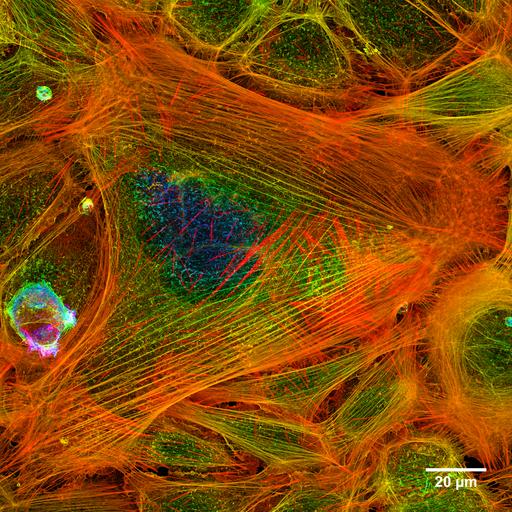Earle urges awareness of disappearing ocean life as the best incentive to preserve it.
Sylvia Alice Earle (born August 30, 1935 in Gibbstown, New Jersey) is an American marine biologist, explorer, author, and lecturer. Since 1998 she has been a National Geographic explorer-in-residence.[1][2] Earle was the first female chief scientist of the U.S. National Oceanic and Atmospheric Administration,[2] and was named by Time Magazine as its first Hero for the Planet in 1998.[1]
Since 1998 she has been a National Geographic explorer-in-residence, sometimes called “Her Deepness”[1] or “The Sturgeon General”.
Earle has written children’s books, including Coral Reefs, Hello Fish, Sea Critters and Dive!
An expert on the impact of oil spills, Earle was called upon to lead several research trips during the Persian Gulf War in 1991 to determine environmental damage caused by Iraq’s destruction of Kuwaiti oil wells. She was also called to consult during the Deepwater Horizon Disaster in the Gulf of Mexico in 2010 as well as following the oil spills from the Exxon Valdez and Mega Borg.
But no one tells her story better than herself, and it is a story of hopefulness that the ocean she knew at the start of her career can be restored. Here are her words:
People ask: Why should I care about the ocean? Because the ocean is the cornerstone of earth’s life support system, it shapes climate and weather. It holds most of life on earth. 97% of earth’s water is there. It’s the blue heart of the planet — we should take care of our heart. It’s what makes life possible for us. We still have a really good chance to make things better than they are. They won’t get better unless we take the action and inspire others to do the same thing. No one is without power. Everybody has the capacity to do something.
Source: Wikipedia, id.
Google Earth 5.0 brings the ocean within everyone’s reach.
Three years ago, I met Google Earth and Maps Director John Hanke at a conference in Spain, and had a chance publicly to say how much I love Google Earth. “My children, my grandchildren think it is great to see their backyard, fly through the Grand Canyon, visit other countries,” I said. “But, John, when are you going to finish it? You should call Google Earth ‘Google Dirt’. What about the ¾ of the planet that is blue?”
That fateful conversation led to a team of Googlers coming together to make Google Earth complete. We enlisted the U. S. Navy, NOAA, NASA, the National Geographic, BBC and numerous ocean institutions and organizations, coordinated by DOER Marine Operations. I chaired a Council of Advisors including dozens of scientists, who weighed in on how to bring together information about 97% of the biosphere and make it accessible to the world on Google Earth. Today, our efforts have paid off with the launch of Ocean in the new Google Earth 5.0. Everyone, from little kids to serious scientists, desk-bound executives and policymakers to far-flung field explorers – all now have new ways of looking at the world. The whole world.
I have been exploring the ocean as a scientist since the 1950s, and have tried every way I know how to explain what I see and convey to others the profound sense of urgency I feel about the changes that are taking place. I have tried with talks, films, interviews, magazine stories, and books to show that the ocean is fundamental to human prosperity, health, security, and the existence of life itself. And I have tried to alert the world to what I have come to understand. The ocean is in trouble, and therefore, so are we.
Now, with the new version of Google Earth, people can see within a few hours what it has taken me a lifetime to understand.
To read the full article, see: A Deep Dive into the Ocean in Google Earth.
See a Mission Blue scentist’s website about his company’s contribution to Mission Blue, here.
Then, take a look at a demonstration video of how to use Google Earth to explore the oceans:
See also Google Earth/ocean.
Lastly, if you wish to spend an hour with Sylvia Earle, presenting slides to Lighthawk, you will find the video on the next page worthwhile.



